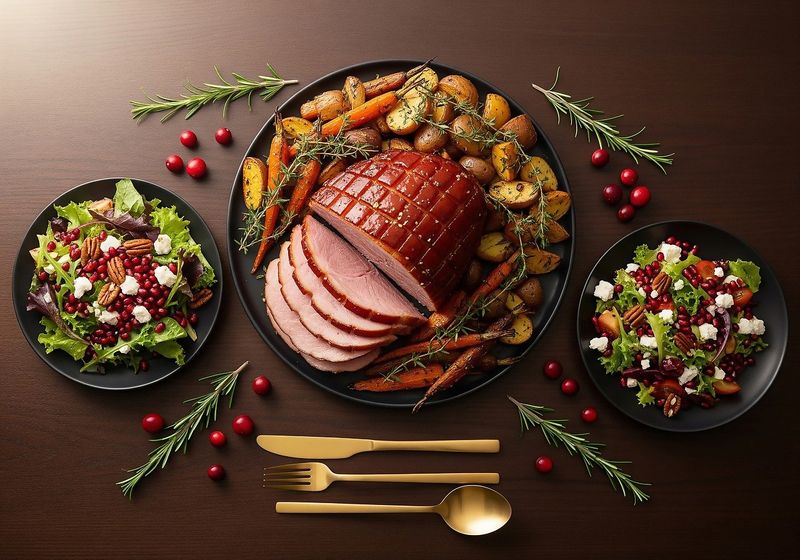
Published in News
Greece Faces Costliest Christmas for Meat as Prices Surge
Meat prices across Greece are soaring ahead of Christmas, with beef, lamb, and goat all becoming significantly more expensive due to reduced European production, rising import costs, and disease outbreaks.

Martina Osmak
Director of Marketing
A Costly Christmas Feast for Greek Households
Greek consumers are preparing for one of the most expensive holiday seasons in recent memory, as meat prices climb sharply across the country. What used to be a staple of the Christmas table is increasingly turning into a luxury item, driven by a combination of international market pressures, reduced European livestock production, and domestic supply concerns.
Beef Prices Hit Record Levels
Beef has seen the steepest rise of all. Compared to last year, when minced beef could be found for around €8 per kilo, today it rarely drops below €12, marking a dramatic 50% year-on-year increase.
Rentis Central Market: ~€12/kg
Supermarkets: ~€13.50/kg
Butcher shops: Up to €15/kg
Whole cuts and premium selections have climbed even faster. Analysts warn that beef could reach €20 per kilo by Christmas, especially since Greece imports roughly 80% of its beef. This heavy dependence on external suppliers leaves local prices exposed to global volatility, from energy costs to transportation and production drops abroad.
European Supply Pressures Add Fuel to the Fire
Across Europe, major cattle-producing nations like France, Germany, and Spain have faced production declines.
Key reasons include:
Stricter EU livestock regulations
Outbreaks of animal diseases
Higher production and energy costs
With Europe producing less beef overall, countries like Greece end up paying more for imports, and those increases are now making their way to consumers’ wallets.
Lamb and Goat Prices Also Climb
Holiday favorites such as lamb and goat aren’t escaping the upward trend. Outbreaks of sheep pox in Greece have disrupted supply, pushing prices higher.
Current price trends:
Lamb chops: €10.50–12.50/kg (up from €9–10 in summer)
Whole lamb or goat: €16/kg (up from €14 pre-outbreak)
These increases pose an added challenge for families who traditionally rely on these meats for Christmas and New Year celebrations.
Potential Shortages Raise Alarm
Beyond higher prices, traders warn of possible shortages during the festive season. Rising demand, limited domestic production, and slower imports may create supply gaps, especially in the final weeks before Christmas.
For many Greek households already stretched by ongoing inflation, the prospect of a holiday roast becoming a “luxury item” is no longer an exaggeration—it’s fast becoming reality.
What This Means for Consumers
If current trends continue, Greek families may choose:
Smaller holiday menus
Cheaper cuts of meat
Alternative protein options
Earlier shopping to avoid peak-season price spikes
Until international markets stabilize or local production rebounds, experts expect prices to remain elevated well into the new year.
Source: